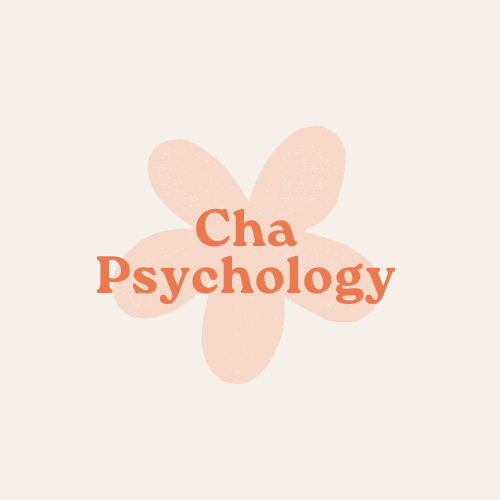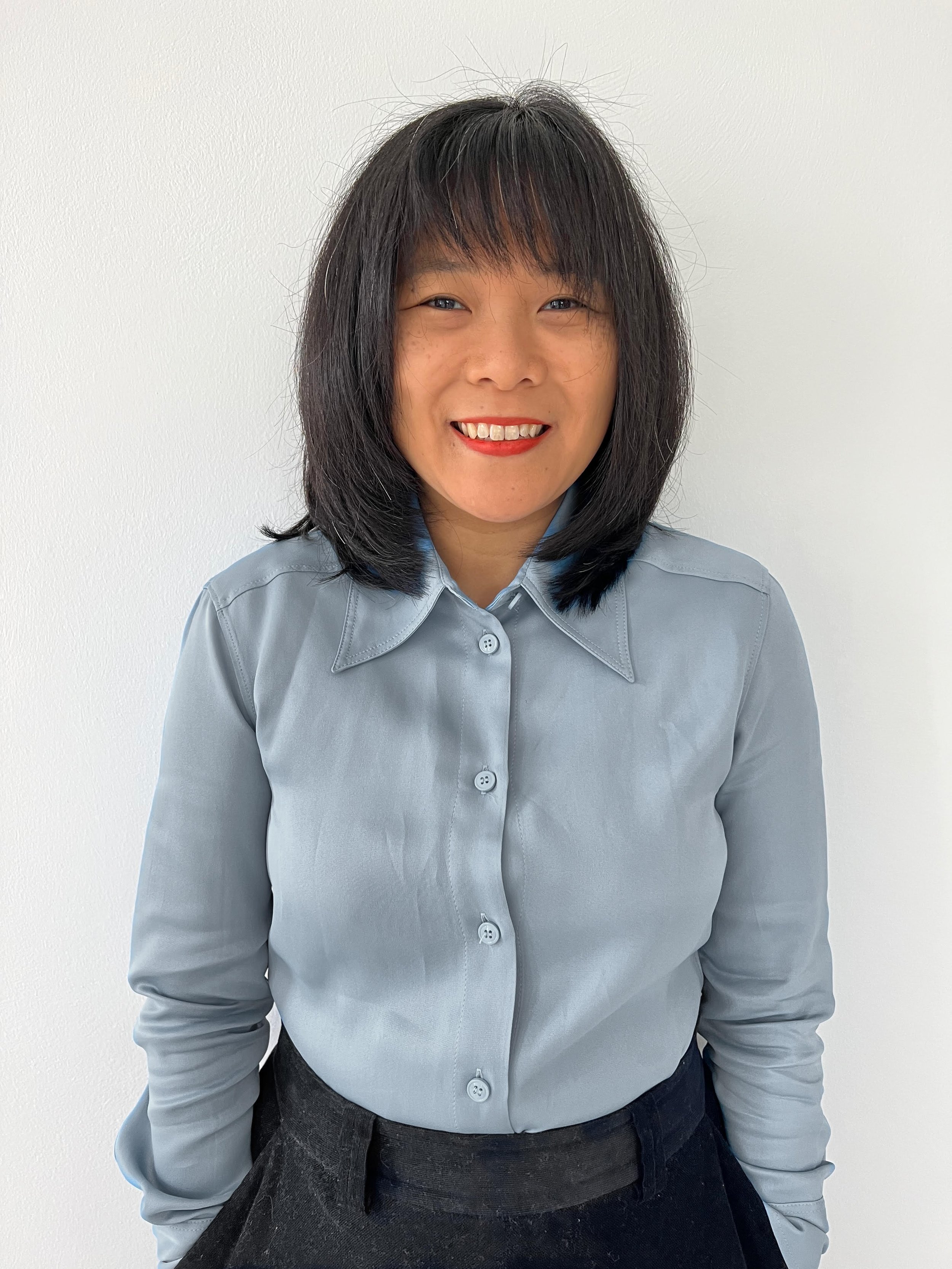
Therapy for Anxiety— Sacramento, San Francisco, Bay Area, Austin
Serving Clients Everywhere in California, Texas, & 41 States
Anxiety Therapy Sacramento and Bay Area: Who Can Benefit
If you have anxiety, overthinking is normal for you. You might even think it helps you. Isn’t that why you do such a great job? This is what makes you “conscientious,” right? Your perfectionism has helped you achieve, so why would it be a bad thing?
And then there are the times when you can’t seem to focus on the person in front of you because your mind is elsewhere. Or you’re replaying an argument you had with your partner over and over in your head. When your brain gets stuck on something, it’s usually negative and distracting. Not to mention that the constant worrying keeps you from relaxing, having fun, sleeping well. Remember when you could sleep in?
Remember when you could watch a show and actually pay attention to it?
If any of this sounds familiar, it might be time to understand how much anxiety is affecting your everyday quality of life and get some guidance for moving forward.
What is anxiety?
My favorite definition of anxiety is that it’s a state of uneasiness. This is what I often hear from clients and what I’ve experienced myself—a lack of ease and being on edge, as if we’re bracing ourselves for something bad to happen. I’ve often heard it said in therapy that anxiety is “waiting for the other shoe to drop” even when life is reasonably good.
The American Psychological Association defines anxiety as follows.
Anxiety is an emotion characterized by feelings of tension, worried thoughts, and physical changes like increased blood pressure.
It’s important to recognize that anxiety isn’t just the negative thoughts and emotions we have. Our bodies also are in a state of distress when anxiety increases. This is why anxiety can exacerbate physical health conditions such as gastrointestinal problems, heart disease, chronic pain, TMJ, bruxism, eczema and dermatitis, to name just some of the conditions known to interact with anxiety.
Here are some common signs of excessive anxiety.
Worrying too much about many different things
Overthinking
Having thoughts of what might go wrong such as “What if…"?”
Not being emotionally present or available
Difficulty expressing emotions
Trouble sleeping or sleeping too little
Fatigue despite low physical activity
Difficulty saying “no”
Stomachaches or digestive problems
Dizziness
Fast and shallow breathing
Irritability
Anger
Procrastination (or other types of avoidance)
Need for high level of control
Panic attacks
Why Do We Have Anxiety?
Anxiety is a part of our evolutionary heritage. Without anxiety (and fear), we may not be cautious enough about our safety and survival. In other words, anxiety helps us anticipate problems so that we can be prepared and meet challenges effectively. But all too often, people have higher levels of anxiety than is beneficial. Research has not provided conclusive answers about what causes anxiety. There are some risk factors for developing anxiety disorders and in my clinical experience, clients with high anxiety often present with one or more of these.
Exposure to stressful or negative life events in childhood
Medical illness
Genetic predisposition to anxiety
Anxiety in BIPOC and AANHPI Communities
Over the years in my clinical work with BIPOC and Asian American clients, I’ve also learned that anxiety is often an adaptation to discrimination or oppression. This makes sense because we know threatening experiences can leave a person feeling vigilant about potentially unsafe situations in the future. Anxiety then becomes an automatic attempt to protect oneself from future threats, which can be helpful if the threats are real, and sometimes they are. But the downside of anxiety in the service of self-protection is that it often interferes with things that we all need to live good lives, such as contentment and taking things more lightly.
Anxiety and Parental Modeling
Another takeaway from my clinical experience is that anxiety is often learned in childhood, but the skills for relaxation or happiness are not. So when someone arrives to adulthood with a lot of anxiety but no skills or practices to counteract that, it can lead to feeling dysregulated and being emotionally reactive. For instance, a parent may have modeled worrying a lot and engaging in dysfunctional behaviors because of worry (using substances, hoarding, distancing, etc.) but rarely do I hear about parents modeling how to deliberately relax and unwind, express contentment, cultivate pleasure, etc. In many situations, parents were simply not in the position to focus on their relaxation or happiness because they were focused on survival. While it’s important to acknowledge what they went through, it’s equally important to recognize that you may not have to live in survival mode as they did.
Anxiety Therapy: Treatment
There’s good news about anxiety, which is that it can get better. It’s one of the most treatable mental health conditions. Best practices to treat anxiety include medications and talk therapy.
My Approach to Anxiety Therapy
My approach to therapy for anxiety is highly specific to the individual. This is an approach I’ve developed because even though evidence-based approaches for anxiety have shown promising research results, their efficacy with each person can vary a lot. In therapy we say, “One size does not fit all,” acknowledging the unique needs of each person. By finding the right combination of interventions and perspectives that can help the person move toward their specific goals, I’ve had great results in supporting people who have high anxiety.
A good starting place is understanding where anxiety shows up in a person’s life and how it affects their work, relationships, and self-esteem. From there, we work together to understand why anxiety has become so intense. We are often looking at early life experiences and more recent precipitating events. With some clients, we may be discussing trauma or family dynamics in depth. This is a very eye-opening phase that often presents multiple “a-ha” moments for clients because it’s a rare opportunity to connect the dots between childhood, family, and current events that fuel anxiety. With this awareness and an understanding of the origin of anxiety for this person, the focus can shift to the kind of life they want to live. This might seem like a broad question but it’s a much more helpful question than, “how do I get rid of anxiety?” It’s the difference between focusing on putting out fires vs focusing on growth and progress. It’s a challenging and growth-provoking part of anxiety therapy because when confronted with what we want rather than what we don’t want (the language of anxiety), we have to be honest about our needs and dreams in life. That’s big and powerful. You might need some tissues for that part.
Anxiety Therapy in California and Texas: Conclusions
Anxiety is quite common and there’a s lot of discussion about anxiety out there. Hooray for de-stigmatizing mental health. Some of the information about anxiety gets oversimplified and if there’s anything I’ve learned about anxiety, it’s that it isn’t the same for everyone. Anxiety therapy can help you understand your anxiety and the unique causes and manifestations of it.
Hi, I’m Chu Hui, aka Dr. Cha.
I provide anxiety therapy online to people in California and 42 states.
By working with me, you’ll shift the focus from “getting rid of anxiety” to living a high quality life and skillfully taking care of yourself. Here are some things I focus on with my clients who present with anxiety.
Getting more comfortable with your emotions, good or bad.
Becoming more aware of your triggers and preparing to cope with them in advance.
Developing skills for relaxation and contentment.
Cultivating confidence and self-worth.
Reducing stress.
Letting go of control.
Practicing being more effective in performance situations.
I’m a Licensed Psychologist with 13 years of clinical experience and a research background in BIPOC mental health. If this sounds like a good fit for you, start by booking a free consultation with me.



